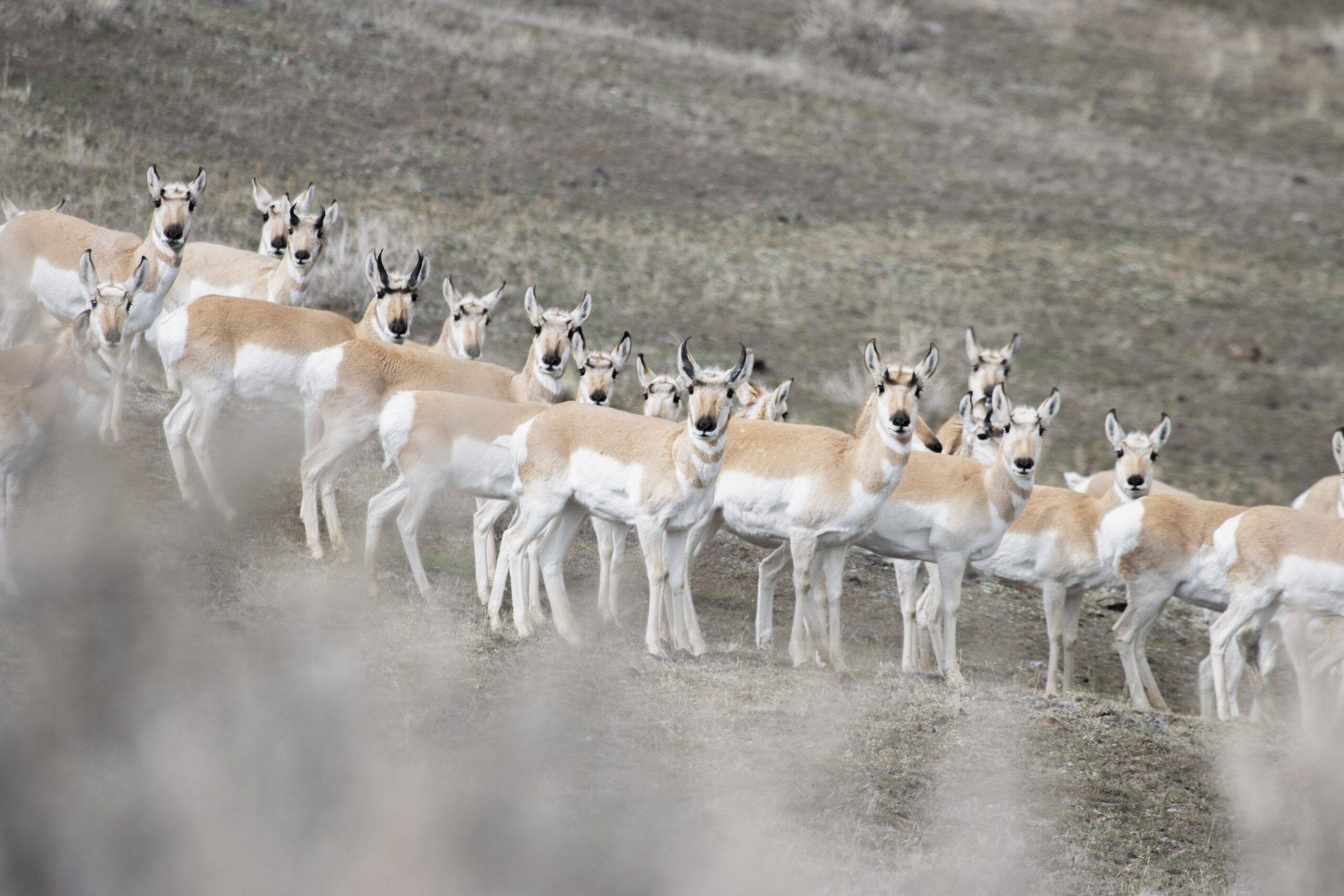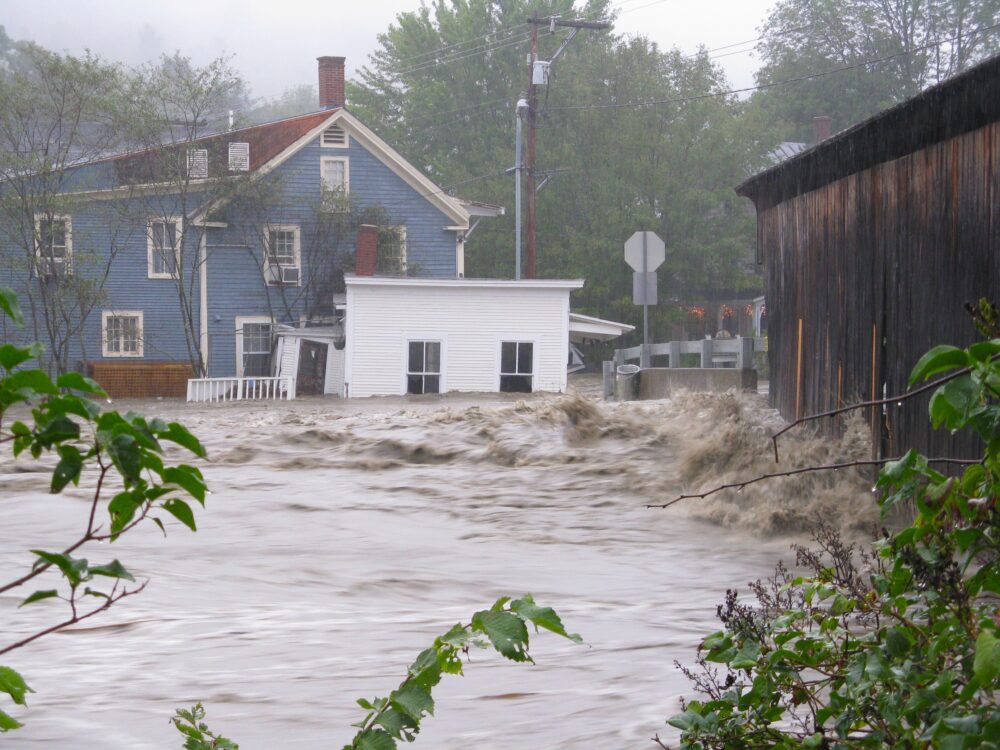We have much more to do and your continued support is needed now more than ever.
Senate Budget Reconciliation Bill Erodes Oil and Gas Laws that Safeguard Wildlife and Benefit Taxpayers

Elk, bighorn sheep, mule deer, burrowing owls, and more than 3,000 species of wildlife depend on lands that are managed by the Bureau of Land Management. These lands provide vital habitat for wildlife to migrate, search for food, and find mates. But these lands are also working lands that serve multiple purposes. They provide endless opportunities for hunting, fishing, hiking, camping, and other outdoor recreation. They provide lands for cattle grazing and timber harvest. And they provide opportunities for oil and gas development.
Managing these lands can be a complex endeavor, making sure that all interests are treated fairly so that the lands can thrive far into the future. In recent years, Congress has passed laws to ensure that oil and gas companies pay fair market fees and royalties for the privilege of drilling on public lands. These fees brought much-needed funding into federal coffers.
The laws also incentivized oil and gas development in areas that minimized negative impacts on wildlife and clean water. And the laws guaranteed that local communities had ample opportunities to provide public input on land management decisions.
Rolling back land protections
Unfortunately, the U.S. Senate is now considering a provision in the budget reconciliation bill that would undo these common sense laws. The Senate plan is modeled on a version that has already passed the House of Representatives.
Both plans prioritize the oil and gas industry over hard-working Americans. Royalty rates would be reduced from 16.7% to 12.5%. That’s well below the rate that most states charge oil and companies and would mean a significant decrease of money that could be used to help balance the budget. It would also reduce money to states because royalties are split between the states and federal government.
Both the House and Senate proposals eliminate the authority of the Bureau of Land Management to say “no” when oil and gas companies propose to lease near wildlife habitat and water resources. And both proposals cut out the public from having a say in how these lands are stewarded.
The public loves public lands
The National Wildlife Federation recently released a poll of residents in six Western states and the Dakotas showing that voters are overwhelmingly opposed to all of this. The poll shows that more than 76% of voters say that Congress should keep existing fees for oil and gas development.
More than 84% say there should be broader public participation in land management decisions—not less. And more than four-in-five voters across the West agree that the government needs to be cautious in how oil and gas are developed on public lands.
The polling also confirmed what many of us always suspected: people love public lands and want to see them managed in ways that will allow them to thrive for generations to come. More than four in five voters say that the most important uses for public lands are to keep air and water clean, to provide a place for wildlife to live and offer opportunities for outdoor recreation.
That is in sharp comparison to the percentage of people who think that oil and gas development is one of the most important uses of public lands. More than three in four voters are also opposed to limiting the ability of federal agencies to respond to local concerns on land management.

The opposition to this recent Congressional activity was strong even among people who self-identify as MAGA supporters. Large majorities favor keeping current fees in place and are opposed to reducing public participation in land decisions.
The poll was conducted in Colorado, Montana, Nevada, New Mexico, North Dakota, South Dakota, Utah, and Wyoming.
Members of the Senate would be wise to heed these poll results and listen to their constituents: don’t weaken current oil and gas laws. Senators should remove any provisions in the budget reconciliation bill that would lower fees on oil and gas development, limit public input, and tie the hands of federal land managers who are trying to keep public lands healthy by making sure oil and gas development doesn’t interfere with wildlife, clean air or water.
Won’t you speak up and let your senators know that they shouldn’t mess with the current laws that help safeguard both wildlife and taxpayers? Visit our Action Fund page to make your voice heard.





















